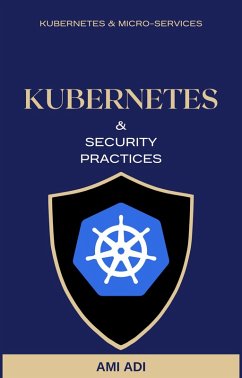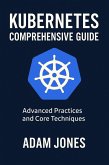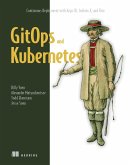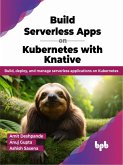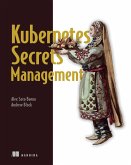"Mastering Kubernetes Security" by Ami Adi provides a thorough exploration of these challenges, along with practical solutions to mitigate them.
This book begins by introducing Kubernetes and its importance, followed by a deep dive into the architecture of a Kubernetes cluster.
You'll understand the responsibilities of the Control Plane and Worker Nodes and the crucial role each component plays in your environment.
Next, you'll explore the most common threats to Kubernetes, including misconfigurations, insecure APIs, inadequate network policies, insufficient logging and monitoring, and the use of untrusted images. With a clear understanding of these potential vulnerabilities, you'll be prepared to harden your Kubernetes environment against them.
"Mastering Kubernetes Security" then provides a detailed examination of Kubernetes hardening best practices, including the implementation of Role-Based Access Control (RBAC), securing container images, creating effective network policies, implementing Pod Security Policies, and enabling audit logs.
The book further offers step-by-step how-to guides for implementing these best practices, complete with command and configuration examples. You'll gain practical knowledge and skills to secure your Kubernetes clusters effectively.
In the conclusion, Ami Adi leaves you with a comprehensive summary and a reminder that the journey to Kubernetes security is continuous and ever-evolving.
"Mastering Kubernetes Security" is an invaluable resource for IT professionals, DevOps engineers, security analysts, or anyone looking to secure their Kubernetes environment. It requires a basic understanding of Kubernetes and a desire to improve the security posture of your deployments.
With this book, you'll be well on your way to mastering Kubernetes security, protecting your infrastructure, and safeguarding your data and applications.
Dieser Download kann aus rechtlichen Gründen nur mit Rechnungsadresse in A, B, CY, CZ, D, DK, EW, E, FIN, F, GR, H, IRL, I, LT, L, LR, M, NL, PL, P, R, S, SLO, SK ausgeliefert werden.
Hinweis: Dieser Artikel kann nur an eine deutsche Lieferadresse ausgeliefert werden.

